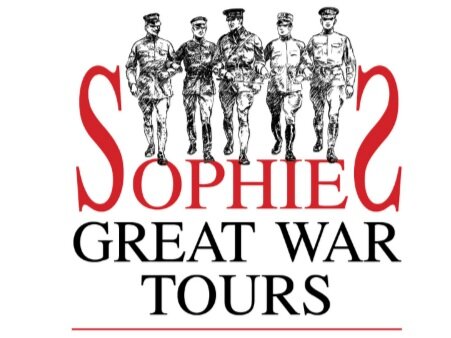Sir Winston Churchill is one of the most instantly recognisable faces in British and arguably world history. An icon of World War II, Churchill led the United Kingdom through some of its darkest days and ultimately emerged victorious against the Nazis. A key part of Churchill's public persona was his no-nonsense attitude and his willingness to stare down adversity, which was perfectly encapsulated in an iconic portrait of him that came to be known as the Roaring Lion.
What I love about Roaring Lion is that it encapsulates not only a moment in time but prompts us to think about one of the horror of the Second World War.
Taken in 1941, Roaring Lion has been called many things, brilliant and unflattering among them. But, there's no denying that it is an accurate portrayal of one of history's most remarkable figures. When I look at it, I see a man with the weight of the world on his shoulders. This man however, stares down the lense, telling us that his duty to his country sustains him.
I also see a man with a dose of confidence, confidence not only in the greater cause but, in himself. Without confidence to calmly lead from the front, be that in his walkabouts through Blitzed London or via his stirring speeches, how on earth could he have gone through five gruelling years of war?
Look long enough at the photograph, and you can almost hear Winston telling the photographer to hurry up as he had important work to be done. Indeed, photographer Yousuf Karsh only had two minutes with the Prime Minister. Karsh asked Churchill to put down his cigar for the photograph as the smoke would interfere with the final result. Churchill said no, so in a bold move, Yousuf Karsh snatched the cigar away. Karsh would later say that "by the time I got back to the camera, Winston looked so belligerent, he could have devoured me". Churchill stated, "you can even make a roaring lion stand still to be photographed," thus giving the picture its notable name. More than 20 photos by Karsh appeared on the cover of Life magazine, but Roaring Lion was seen as his breakthrough moment.
The legacy of Yousuf Karsh's photograph of Winston Churchill, Roaring Lion, lives on today as a symbol of British strength and resilience during some of our country’s darkest days.
What do you think about when you look at Roaring Lion?

